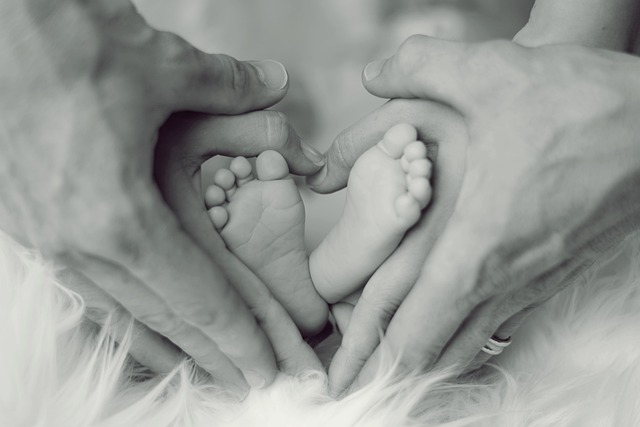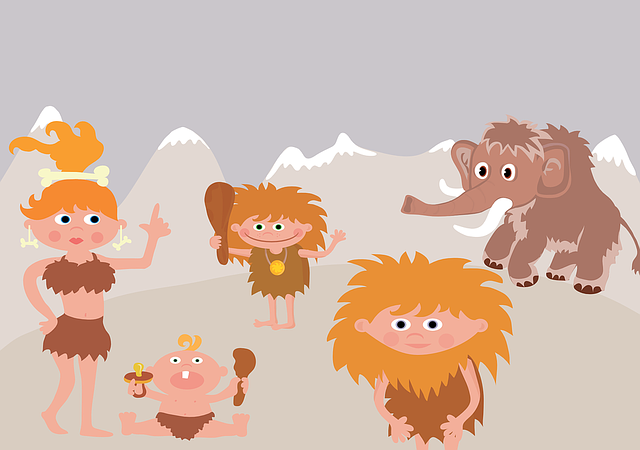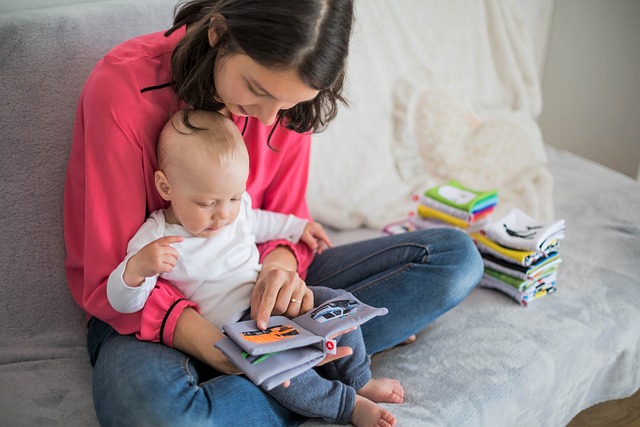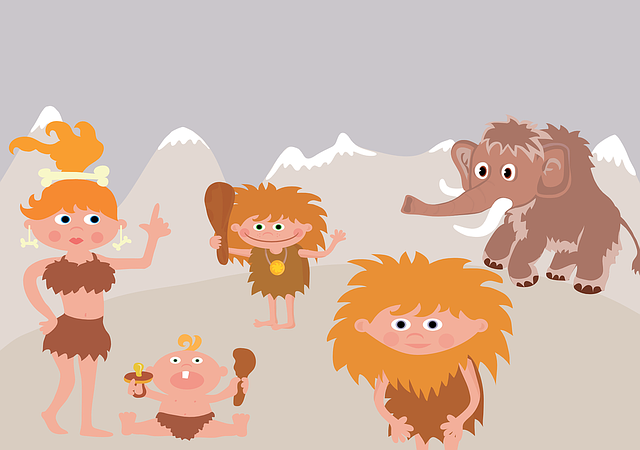Child welfare legal services in Oregon, led by the Department of Human Services (DHS) and Marion County Child Advocacy, balance child safety with parental rights. These services navigate complex dynamics through holistic approaches, integrating legal representation, counseling, and community resources. The goal is to protect children while preserving family connections, using tools like temporary suspensions and family preservation services outlined in Oregon Family Law. This comprehensive system prioritizes fair, consistent outcomes by emphasizing professional training, cultural competency, and evidence-based practices.
Exploring the intricate world of child welfare policy and law is paramount for ensuring the well-being and safety of our youngest members. This comprehensive guide delves into critical legal insights, covering essential aspects from child welfare legal services to the delicate balance between protecting children and upholding parental rights. We examine the role of DHS in child welfare cases, highlight innovative practices in Marion County’s child advocacy, and explore Oregon’s family law and child protective services guidelines through compelling case studies.
- Understanding Child Welfare Legal Services: A Foundation for Protection
- Parental Rights and Responsibilities: Balancing Safety and Family Integrity
- The Role of DHS in Child Welfare Cases: Procedures and Safeguards
- Marion County Child Advocacy: Innovative Approaches to Support Children and Families
- Oregon Family Law and Child Protective Services: Comprehensive Guidelines and Case Studies
Understanding Child Welfare Legal Services: A Foundation for Protection

Child welfare legal services play a pivotal role in safeguarding the well-being and rights of children. These specialized legal support systems are designed to ensure that every child, regardless of their background or circumstances, has access to protection under the law. In Oregon, for instance, the Department of Human Services (DHS) handles numerous child welfare cases, with Marion County Child Advocacy serving as a crucial hub for these services. Understanding the framework of child welfare legal services is essential in navigating the intricate dynamics between families, state agencies, and the court system.
At the heart of this understanding lies the delicate balance between parental rights protection and the overarching goal of child protective services law. Oregon family law, much like that in many jurisdictions, recognizes the fundamental bond between parents and their children while also prioritizing the safety and security of vulnerable minors. This dual mandate requires legal professionals specializing in child welfare to adeptly interpret and enforce laws, ensuring that all parties involved receive fair representation and that the best interests of the child are always paramount.
Parental Rights and Responsibilities: Balancing Safety and Family Integrity

In the realm of child welfare legal services, balancing the safety and well-being of children with the preservation of family integrity is a delicate task. Parental rights protection is a cornerstone of Oregon family law, recognizing the inherent value of familial bonds. However, when concerns arise regarding a child’s safety within the home, as in DHS child welfare cases, these rights must be carefully assessed alongside the responsibilities of Child Protective Services (CPS) law. Marion County child advocacy plays a pivotal role in navigating this intricate landscape, ensuring that every child receives protection without unduly severing familial connections.
The challenge lies in implementing measures that safeguard children without automatically removing them from their homes. This often involves a nuanced approach where parental rights are temporarily suspended or adjusted to accommodate the involvement of CPS. Such interventions aim to correct any issues that may have contributed to the child’s vulnerability while allowing families to regain stability and rebuild trust, thereby fostering a healthier environment for all involved.
The Role of DHS in Child Welfare Cases: Procedures and Safeguards

In Oregon, the Department of Human Services (DHS) plays a pivotal role in child welfare cases, providing essential legal services and protections for vulnerable children and families. When a report of suspected child abuse or neglect is received, DHS Child Protective Services (CPS) launches an investigation to determine the well-being of the child. If CPS finds evidence of harm, they work with families to develop safety plans and provide resources to prevent future incidents. In cases where removal from the home is necessary, DHS ensures that parental rights are respected while also prioritizing the child’s safety.
The Marion County Child Advocacy Center serves as a prime example of DHS’s commitment to comprehensive child welfare. Here, various agencies collaborate to offer specialized legal services, counseling, and medical examinations, all under one roof. This coordinated approach facilitates a smoother process for affected children and families, ensuring that their needs are addressed through Oregon family law while also safeguarding their rights.
Marion County Child Advocacy: Innovative Approaches to Support Children and Families

Marion County Child Advocacy stands as a beacon of hope and innovation in the realm of child welfare legal services. This initiative focuses on providing comprehensive support to both children and families, with a unique approach that integrates various disciplines to address complex issues. By combining expertise in parental rights protection, child protective services law, and Oregon family law, Marion County offers a holistic system designed to heal and empower.
The advocacy center takes a proactive stance in DHS child welfare cases, recognizing the intricate interplay between legal protections and emotional well-being. Through its innovative models, it ensures that every child receives not just legal representation but also access to therapy, education, and community resources. This multifaceted strategy aims to break down barriers and create lasting positive outcomes for vulnerable children and their families within Oregon’s legal framework.
Oregon Family Law and Child Protective Services: Comprehensive Guidelines and Case Studies

Oregon’s Family Law and Child Protective Services (CPS) operate under a comprehensive set of guidelines designed to ensure the safety and well-being of children while also protecting parental rights. The state’s legal framework, particularly in Marion County, one of the most populous regions with significant child welfare cases involving DHS (Department of Human Services), emphasizes a holistic approach to CPS. This includes rigorous training for professionals, extensive case studies that inform practice, and a focus on family preservation services where possible.
The Oregon Family Law code provides clear parameters for when CPS intervention is warranted, balancing the need to protect vulnerable children with the rights of parents. Case studies from Marion County offer real-world insights into complex situations, demonstrating the importance of cultural competency, community collaboration, and evidence-based practices in effectively navigating DHS child welfare cases. These guidelines and case studies serve as a cornerstone for ensuring fairness, consistency, and positive outcomes in Oregon’s child protective services.






